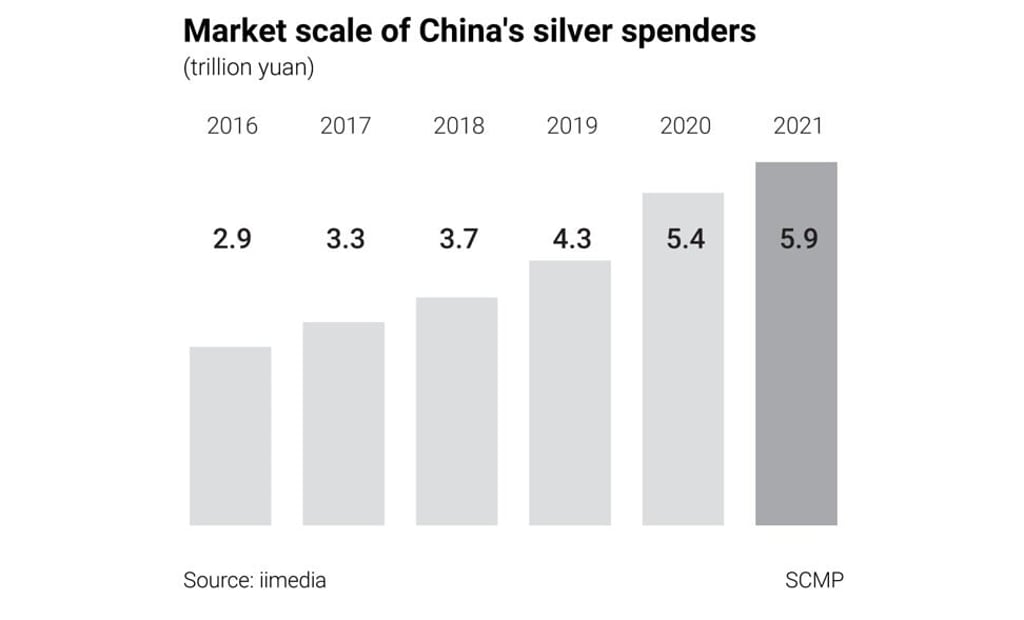Old is gold: China’s silver spenders – not millennials, Gen Z struggling with rising living costs – set to shape country’s economy
- Deep-pocketed newly elders born in the 1960s are expected to become a major driver of consumption patterns in the next five to 10 years
- We are going to have the wealthiest generation to retire in China, says executive of firm focusing on businesses serving country’s elderly

Liu Yan, a 61-year-old retired accountant living in Tianjin, has just taken delivery of a new fixed-focus lens he bought online for about 4,000 yuan (US$617). It is the third lens he has bought for his Canon R5 camera, which he purchased last year for about 25,000 yuan.
“Fixed-focus lenses are better for portrait photography, to capture my lovely wife’s beautiful smile,” he says as he packs his photography gear for the couple’s next trip, to China’s Qinghai province. “I will use my zoom lens to take photos of the Tibetan antelope.”
A world map on the wall is covered with little red pegs, each a record of the cities and countries Liu and his wife have travelled to in the past five years. This year, they have already been to five different provinces within the country.
“We worked hard for about 30 years, raised our daughter and took care of our families. Now, we would like to treat ourselves,” Liu says.

01:04
Elderly fashion models take internet by storm in China
